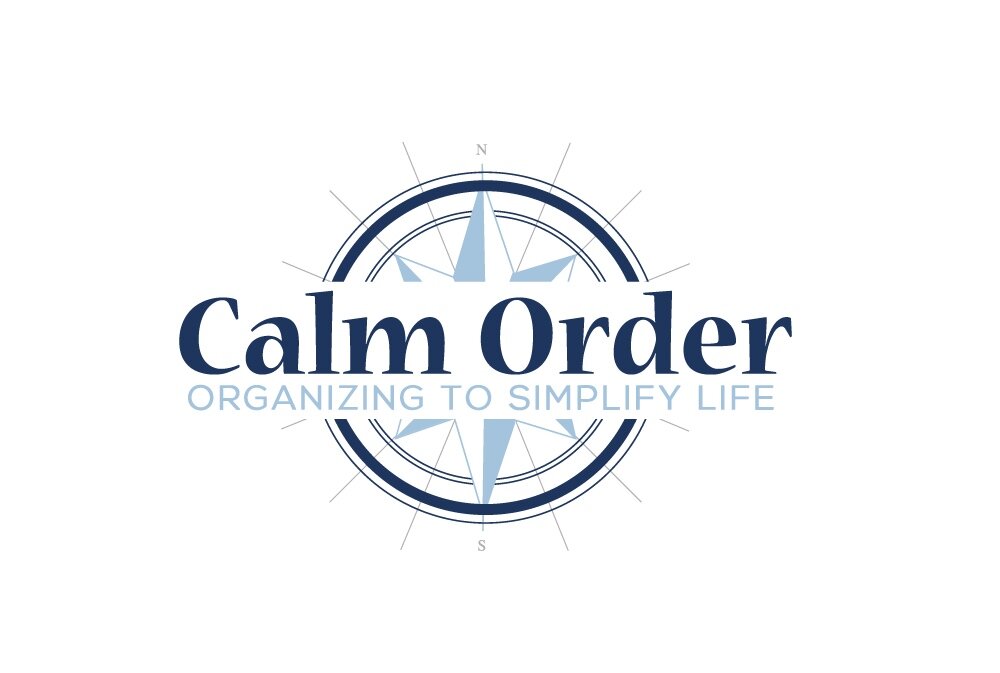A summer vacation requires a lot of organizing – but the road-trip to get to your vacation destination needs just as much planning!
If you are driving by car over a long distance this summer, don’t expect to be able to get into your car and drive away. Make sure that you know the route you are taking (and some potential back-ups) in case of inclement weather, traffic problems, or construction. It’s a good idea to preview the whole route to also map out different rest areas, especially for overly-long drives. Take note of any towns you are passing through, and possible places to stop for gas, a bite to eat, or a place to stretch your legs.
For trips that require multiple days, ensure that you allow for plenty of time to get to your destination. Leave some extra time just in case you run into complications along the way, and don’t push yourself to drive more hours than is safe. If you’re staying with family or friends, make sure they have an estimated time arrival for you ahead of time, and keep them updated by contacting them during one of your rest stops once you get closer. It’s a good idea to make sure they know your travel plans and the route you are taking.
It’s also important to make sure that your car is organized and packed with all of the essentials:
Snacks
Whether you’re planning a quick day trip or multiple days on the road, you can never have too many snacks. Look for items that are least likely to make a mess and easy to eat on the go – fresh vegetables and fruit can be cut and packed into individual portions for easy access and eating. Granola bars or bites, beef jerky, and fruit gummies are good non-perishable treats that can be kept in a car over the summer as an emergency stash.
Beverages
Always make sure you have plenty of water and other beverages to help you and your family stay hydrated during the trip. While drinking water is important, consider bringing a few other beverage options to switch it up, especially if you are driving for long periods. Flavoured sparkling water is still healthy, but the different flavour and carbonation can be a nice change and energy booster. For kids, juice boxes are easy to pack and store and are healthier than pop. You can also consider using reusable water bottles and bringing larger bottles of water and refilling them. Don’t forget to bring travel mugs for coffee and tea refills during morning drives!
Wipes/cloths
Even with the right snacks and beverages, messy hands and faces can still happen. Throw a couple of packs of wipes or clothes into one of the seat pockets so are prepared to clean up any potential messes. It’s also a good idea to make sure one bag is designated as a garbage bag, so you have a place to dispose or store any dirty cloths while you’re on the road.
Headphones and chargers
Batteries don’t last forever, so make sure that you have all the chargers you need for all of your electronic devices. Consider purchasing an extra charger and keeping it permanently in your car so you always have access to it when you need it most. Not everyone can agree on what to listen to, so make sure headphones are available for anyone who might want to listen or watch something else on their personal devices.
Entertainment
From the driver to the passengers, everyone can get bored on road-trips. Make sure everyone is prepared by bringing along a variety of activities or entertainment options. Don’t just create a playlist – download a few podcasts or audio books to listen to as well. Change is good and helps break up long travel distances. For passengers, books, movies and small games are also great entertainment options. If you still find yourself with nothing to do, consider playing one of these classic road trip games with the other passengers.
Your summer adventure awaits, but make sure your vehicle is road-trip ready before you hit the open road!











